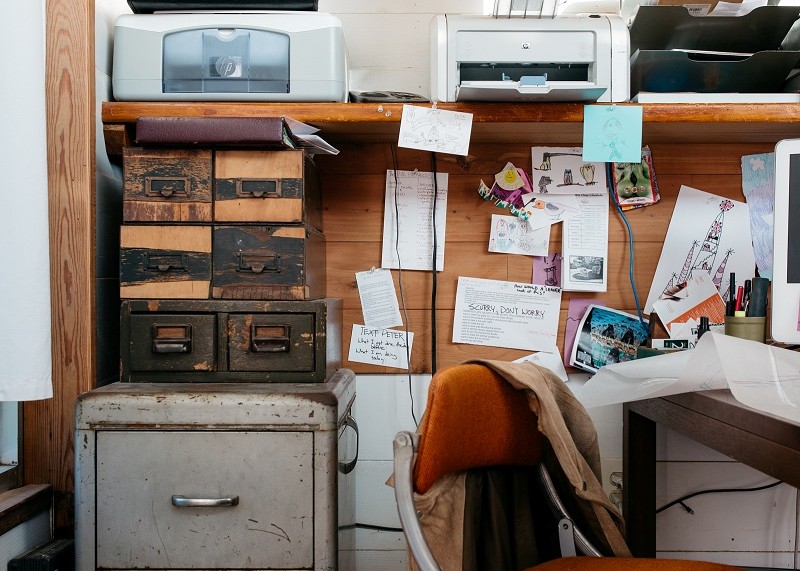In most cases, home-based businesses can claim all of the deductions that other small businesses can, but they also get access to unique deductions. With end of financial year just around the corner, here are a few tips about what you can and can’t deduct.
Firstly, you don’t have to physically do your work at home to be considered a home-based business. For example, a plumber who does not own any other premises other than his home, can have his business classified as home-based, despite the fact that most of his work is performed off-site.
Other examples of home-based businesses include the owner of an online fashion boutique whose main office is in their home, or a dentist who has their surgery at home.
Expenses you can claim on your home business can be broadly classified into two categories: occupancy expenses and operating expenses.
Occupancy expenses
These expenses relate to parts of the home you use for business such as rent, interest on your mortgage, council rates, land taxes and home insurance premiums.
Operators of home-based businesses need to first pass the
ATO’s interest deductibility test before becoming eligible to claim occupancy expenses. This means you must have an area of your home set aside exclusively for your business activities, such as a surgery, office or consulting room.
During the review, the ATO will assess a number of factors, such as the frequency of client visits, signage on your property that identifies the business, and whether or not the business area is also suitable for residential occupancy.
If you pass the test, you can claim a portion of your occupancy expenses. The portion corresponds directly to the amount of space you use as a place of business.
For example, if the floor area of your home office or workshop is 20 percent of the total area of your home, you could claim 20 percent of your rent or mortgage interest, council rates and insurance.
While reducing the home mortgage is a great idea, there is one potential pitfall: if you pass the interest deductibility test, you may need to pay capital gains tax when you sell your home. This can apply even if you never make a tax deduction claim on this expense, so it’s best to consult your accountant to ensure you claim occupancy expenses in a tax effective way
Operating expenses
You can claim a deduction for any expenses incurred in running your home business that are above and beyond the costs you would have accrued anyway by living in the home.
This can include the cost of using a room’s utilities, such as gas and electricity; business phone costs and internet bills. If a telephone or mobile phone is for both business and private calls, you can claim a deduction for the business portion of the calls. Cleaning costs are also deductible.
Like the occupancy expenses (for mortgage interest or rent), you can only deduct these expenses for the portion of your house that you actually use for your home business.
There are a number of ways to calculate this. One way of working it out is using the floor area of your home office – if your office is 15 percent of the total area of your home, you can claim 15 percent of water bills and internet costs.
It’s important to remember that you must be able to demonstrate how you calculated your deductions. If the ATO performs an audit, they will be looking for evidence that any claim you make is reasonable and excludes the expenses associated with normal living costs.
For those that do not have an area set aside for home use only, keep a diary for a one- to two-month period and keep a log of how your expenses have increased as a result of your work at your home-based business.
Alternatively, you can claim a deduction of 34 cents for every hour you work at home. However, this method only covers heating, cooling, lighting and furniture depreciation, and you’ll have to work out other expenses such as phone and internet separately.
Don’t forget depreciation
Depreciation is another area for which you can claim a tax deduction. Depreciation is the decline in value of assets you use in your business including office equipment, computers, desk, chair, plants, even carpet, lighting and furnishings.
As with other deductions, you can only claim the proportion for which you use these assets for business, so you should also record your business and non-business use of these assets in a diary or log to demonstrate their use.
With tax time just around the corner, it’s worthwhile to look at the little things in your home business – you might just be entitled to some deductions that you can reinvest in your business.

